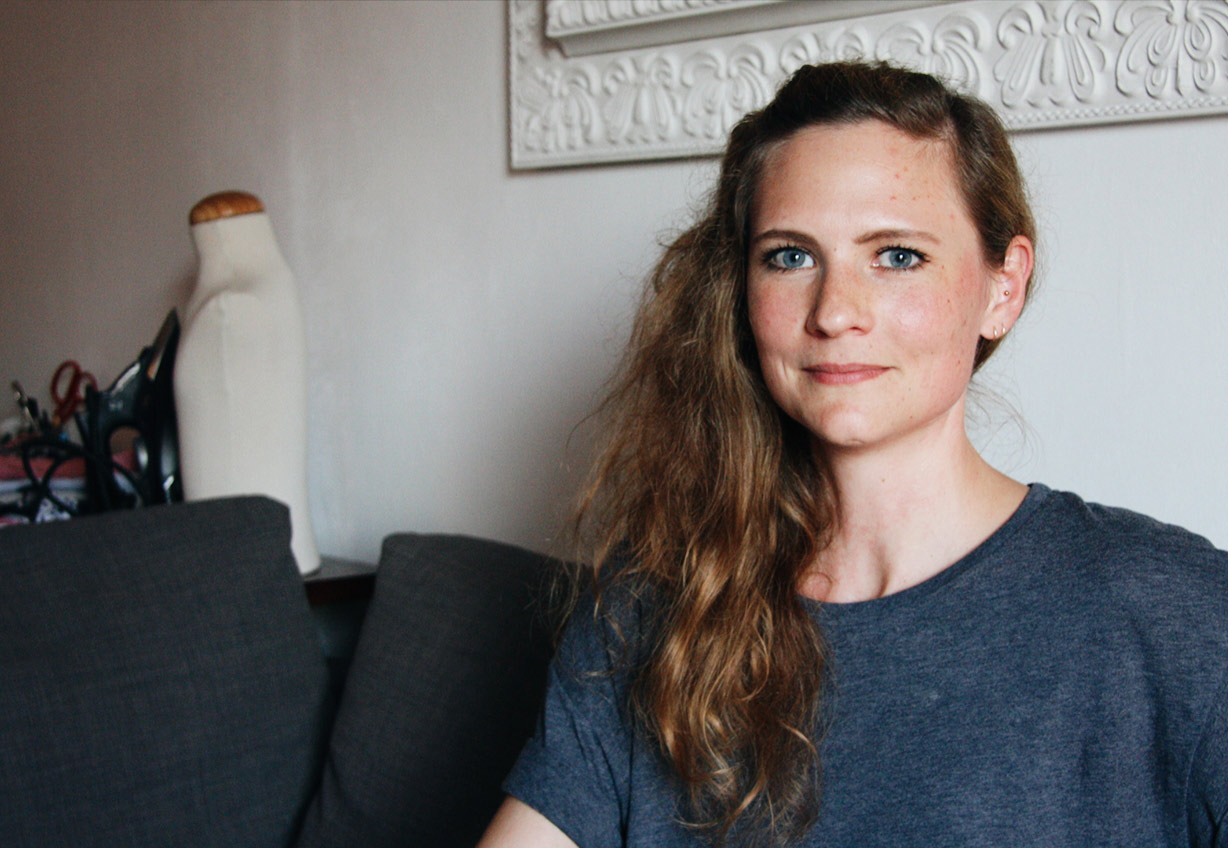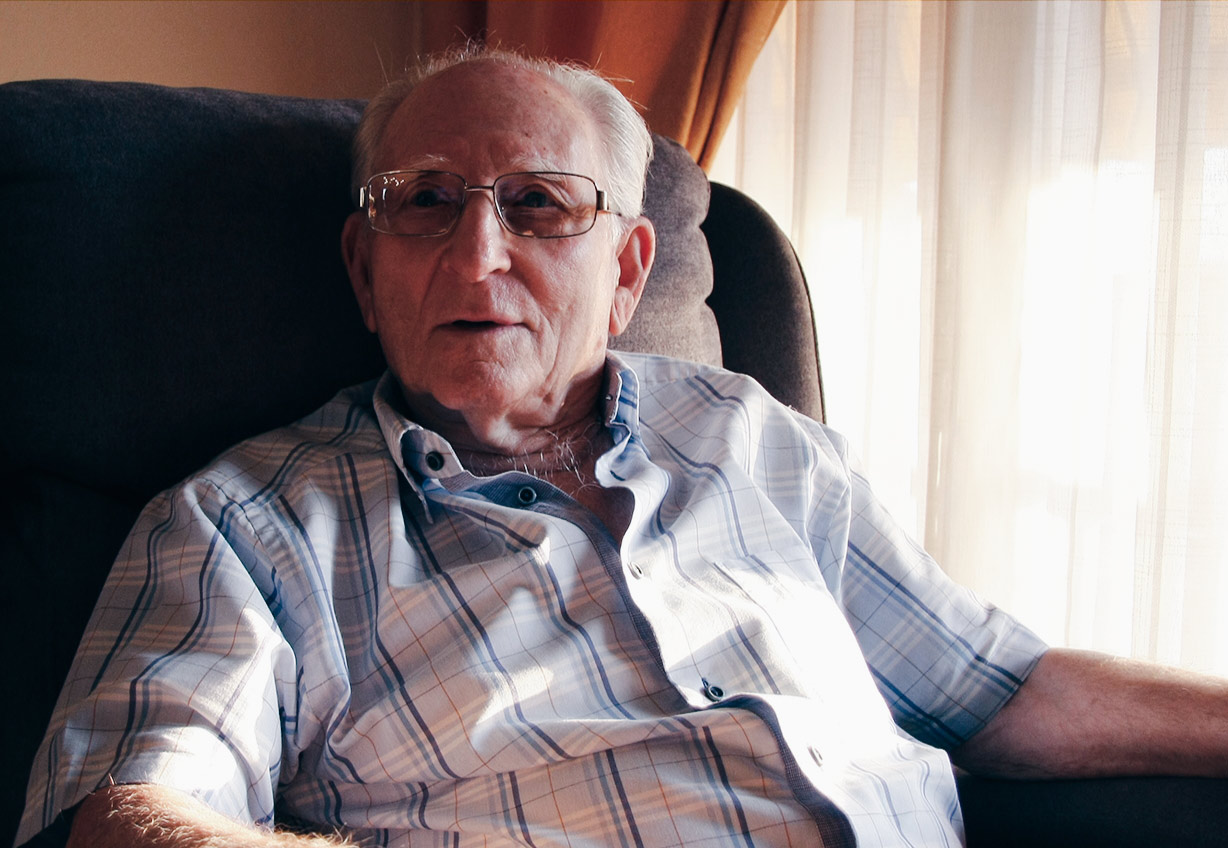The multinational company must have thought this was a good solution/idea since they had copied and started selling this design a couple of months later.This is when ZoMummade contacted us and asked if anything could be done. It wasn´t an easy situation for them since they aren´t a large company and they hadn´t patented their design.
The only thing that was to their advantage was that they were first to market the aprons. We agreed that the best solution was to try to reach a settlement because they were mostly interested in halting the production and the sales and not winning a trial. We sent a demand letter to their legal department in which we demanded that they should immediately halt sales and withdraw the products from the market.
Even though the market manager claimed the product was of their own design, their legal department decided to withdraw the product from the market and redesign their on-going big marketing campaign in which they were focusing on the school starting back. Once we had solved their problem, we advised them how they should protect their products in the future to avoid getting into similar situations.


